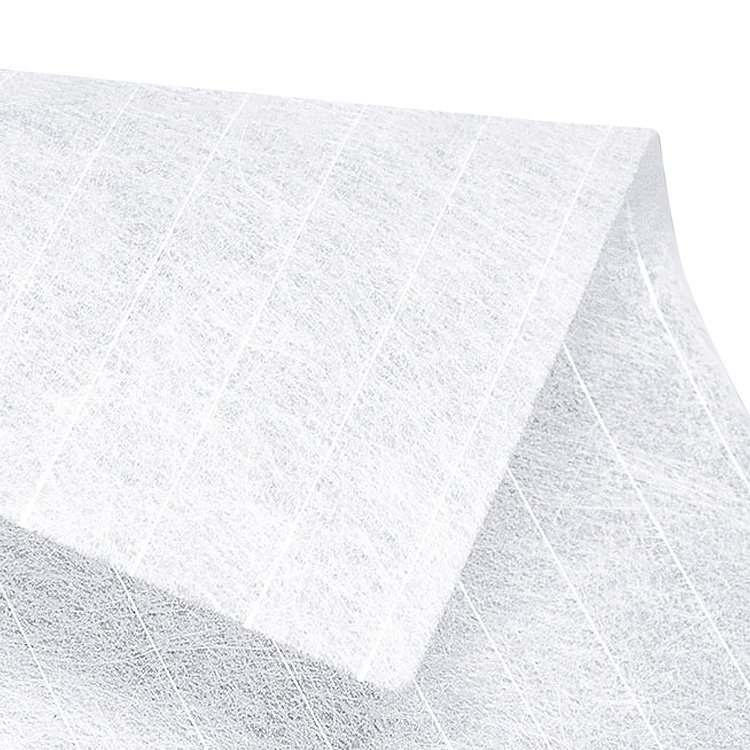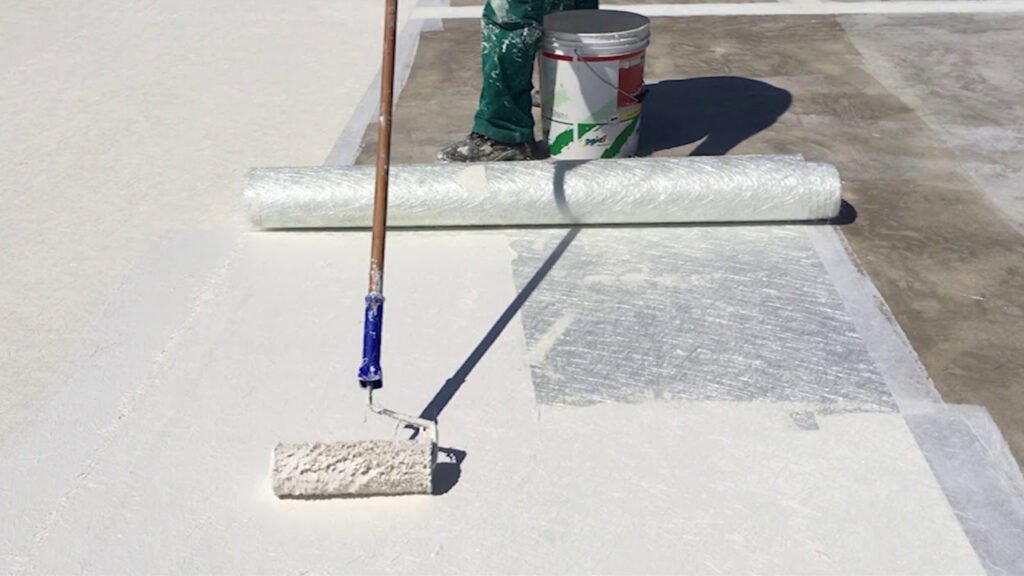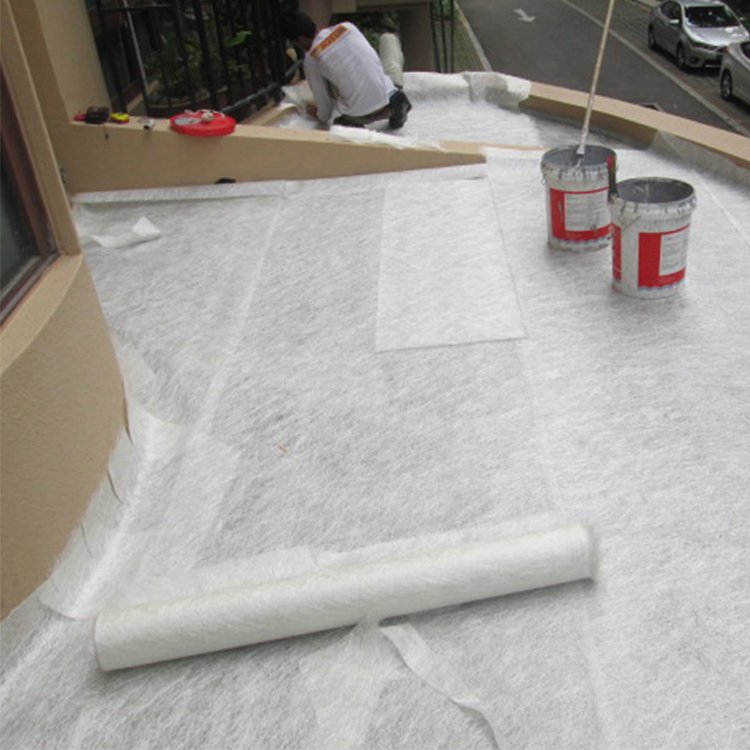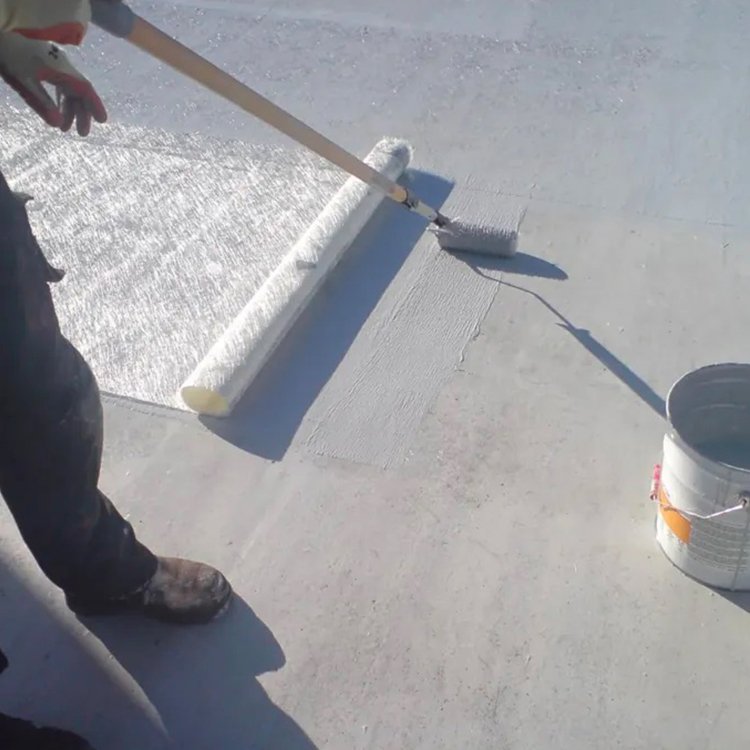
Table of Contents
Introduce
With the continuous development of the construction industry, roof waterproofing technology, as an important part of building protection, has become increasingly important. Roof waterproofing not only affects the service life and aesthetics of the building, but is also directly related to the quality of life and safety of the residents. This article will explore the types, characteristics and applications of roof waterproofing materials commonly used in construction projects, and introduce two new waterproofing materials based on glass fiber.
Traditional and modern waterproof materials
- Traditional Waterproof Materials
Traditional roof waterproof materials mainly include asphalt membranes, linoleum, etc. These materials have a long history and low cost, and were the main choice for building waterproofing in the past. However, they have problems such as poor durability, easy aging, and complex construction, and are gradually being eliminated by the market.
- Modern Waterproof Materials
With the advancement of science and technology, a variety of new waterproof materials have emerged, such as polymer waterproof membranes, polyurethane waterproof coatings, synthetic polymer rubber waterproof materials, etc. These materials have better weather resistance, UV resistance and mechanical strength, and can adapt to the waterproofing needs in different environments.
Analysis of common roof waterproof materials
Polymer waterproof membrane
- Features: Made of polymer, it has excellent waterproof performance, high elasticity and good low-temperature bending.
- Scope of application: Suitable for flat roofs, slope roofs and special structure roofs.
Polyurethane waterproof coating
- Features: With polyurethane resin as the main component, it forms a continuous and seamless waterproof layer after painting, with strong adhesion and elasticity.
- Scope of application: Suitable for roof structures of various complex shapes, especially for detailed structures (such as pipe roots, yin and yang corners).
Synthetic polymer rubber waterproof materials
- Features: Including EPDM, chloroprene rubber, etc., with excellent aging resistance, chemical corrosion resistance and wear resistance.
- Scope of application: Widely used in large public buildings, industrial plants and other places with high waterproofing requirements.
Reinforced-Fiberglass Roofing Mat
- Features: Fiberglass roofing mat material is an excellent base material for manufacturing SBS, APP modified bitumen and colored bitumen fiberglass shingles. The longitudinal reinforcement of the entire mat (reinforcement spacing is 15 or 30 mm) fully enhances the longitudinal tensile strength and tear resistance of the mat.
- Scope of application: Suitable for roofing systems that require high strength and durability, especially in those environments that may experience greater physical stress.
Non-reinforced-Fiberglass Roofing Mat
- Features: It has good waterproof performance and flexibility. It is suitable for flat roof surfaces and can provide uniform waterproof coverage. Its water vapor permeability is about 30g/m²·24h, which helps to reduce moisture accumulation.
- Scope of application: It is particularly suitable for flat roofs because it is easy to lay and does not require additional reinforcement, while effectively preventing moisture penetration.
Diverse waterproof materials based on fiberglass
Fiberglass Reinforced Asphalt Shingles
This type of shingle is made of fiberglass as a substrate, then coated with a layer of modified asphalt and colored mineral particles added to its surface for durability and aesthetics. The fiberglass substrate provides additional strength and stability, making these shingles more durable and lighter than traditional wood or paper-based asphalt shingles.
Fiberglass Composite Panels
This type of panel is made of fiberglass combined with resin or other polymers to form a strong and lightweight structural material. They can be designed into different shapes and sizes and are widely used in building exterior walls, roofs and other places that require waterproofing. Fiberglass composite panels are characterized by light weight, high strength, no deformation and easy installation.
Fiberglass Reinforced Polyester Membrane
This is a special waterproof membrane that contains fiberglass fabric as a reinforcement material. When this membrane is heated and fused together, it forms a continuous, integrated waterproof barrier. Fiberglass reinforced polyester membranes are commonly used in waterproofing projects for industrial buildings and flat roofs, and are favored for their excellent tear resistance and ability to adapt to temperature changes.
Fiberglass Mesh Cloth
Fiberglass mesh is mainly used to strengthen the waterproof layer in plaster mortar or self-leveling ground systems. It can effectively disperse stress and reduce the risk of damage to the waterproof layer due to cracking of the base layer. In addition, fiberglass mesh cloth can also improve the mechanical strength of the entire system and ensure long-term stable waterproofing effect.
PVC Waterproofing Membrane
This membrane is made by embedding fiberglass mesh into PVC plastic, which improves the tensile strength and dimensional stability of the product. Fiberglass reinforced PVC waterproofing membrane has excellent chemical stability and weather resistance, and is very suitable for use as underground garage roofs, planted roofs and other occasions that require high-strength waterproof protection.
The various fiberglass-based waterproof materials mentioned above all demonstrate the important role of glass fiber in enhancing the mechanical properties of materials, and each of them also provides unique solutions for specific application scenarios.
Niumaterial solution for roof waterproofing
Niumaterial is committed to providing the construction industry with advanced roof reinforcement and waterproofing technologies to ensure that buildings remain dry and safe for a long time. Our core product, Fiberglass Roofing Mat, is an innovative material that has been carefully designed and rigorously tested to meet the most demanding application needs.
Compatible with a variety of roofing materials
We know that every construction project is unique, so Niumaterial roof waterproofing materials is designed with compatibility in mind. It can seamlessly connect with a variety of traditional and modern roofing materials, such as asphalt shingles, metal panels, concrete, and synthetic polymer materials, thereby simplifying the construction process and improving the overall effect.
Improve the structural integrity of the roof
By strengthening the base layer of the roof, Niumaterial Fiberglass significantly improves the structural stability of the entire roof system. Its built-in fiberglass mesh not only increases tensile strength, but also effectively prevents the expansion of cracks, making the roof more durable and reducing subsequent maintenance costs.
Reduce the risk of various forms of roof damage
Using advanced material science and technology, Niumaterial Fiberglass Roofing Mat significantly reduces the risk of roof damage caused by natural factors or accidents. Whether it is to resist daily wear and tear or to cope with emergencies, this product can provide a reliable protective barrier to extend the service life of the roof.
Waterproof performance testing
In addition, in order to help customers better evaluate the suitability and performance of the product, Niumaterial can provide free samples to test your roof waterproofing/roofing reinforcement project. You can conduct a series of key tests, including but not limited to:
- Watertightness test: Verify whether the Fiberglass Roofing Mat combined with the waterproof coating system can effectively prevent water penetration.
- Heat and weather resistance test: Verify the stability of the material under different temperature and climate conditions.
- Tear strength and flexibility tests: evaluate the material’s ability to resist mechanical damage and its flexibility to adapt to substrate deformation.
Choosing Niumaterial means choosing a high-quality, high-performance roof reinforcement and waterproofing solution. We will continue to be committed to technological innovation and service optimization to help every construction project achieve lasting safety and dryness.
In Conclusion
In summary, the choice of roof waterproofing materials directly affects the overall performance of the building. Architects and engineers should comprehensively consider multiple aspects such as roof type, climate conditions, economic budget, and construction difficulty to select the waterproofing solution that best suits the project needs. At the same time, with the development of new materials and technologies, more efficient and environmentally friendly waterproofing materials will appear in the future, bringing new changes to the construction industry. As an innovative waterproofing material, fiberglass roofing mats provide excellent solutions in specific application scenarios due to their unique performance advantages.






